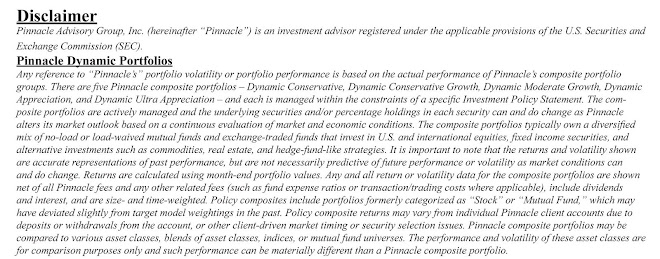Sunday’s headline in the Washington Post reads, “Battle looms on tax breaks,” “Bush-era cuts for rich at issue,” “Democrats see a chance to put GOP on the spot.” The story, by Lori Montgomery, explains the upcoming political showdown over tax cuts in some detail and points out that the politics of extending the Bush tax cuts are going to be part of a high stakes battle in the upcoming November elections. In general, Democrats see the issue as a positive where voters who have lost houses and jobs to “Wall Street greed” will be in favor of additional taxes on the wealthy. Republicans, who have been critical of deficits that they frame as being caused by Obama administration spending, would be hard pressed to explain why they don’t want to raise taxes on individuals earning more than $250,000 per year, thereby closing a $2 trillion dollar hole in the national debt over the next ten years. In opposition, Republican Orrin Hatch, the senior Republican on the Senate Finance Committee, says “They can talk about the wealthy all they want, but this is about stopping a job-killing tax hike on small businesses during tough economic times.”
The investment community has been focused on higher taxes for some time, and we have repeatedly written that higher taxes represent one of several structural headwinds to economic growth that will ultimately be a problem for earnings growth. While the article focuses on the differences in income tax rates for taxpayers, another issue facing the market is the increase in capital gains tax from 15% to 20% and the fact that Medicare taxes will increase the final cost to about 23%. In addition, dividends are going to be taxed at ordinary tax rates which can be as high as 39%, after being taxed at 15% under the Bush plan. The timing of the tax increases on January 1 of 2011 raises the real possibility that securities will be sold in the fourth quarter of this year in anticipation of tax increases on capital gains. This is not exactly “news” for investors and stock prices, at least theoretically, should have already discounted the selling pressures that are just over the horizon.
The “news” is that Democratic Senator, Max Baucus, the Finance Committee chairman, after a closed-door meeting with Finance Committee members from both parties, declined to rule out extending the cuts for the wealthy. The committee, he said, will “figure out what we think is best.” Democratic Senator Kent Conrad, a Finance Committee member who also chairs the Budget Committee, said he would prefer to extend all the tax cuts, at least until the economy fully recovers. My guess is that the possibility of extending the Bush tax cuts is not “in the market.” If the economy remains weak the argument to extend the current tax regime could become more attractive to Democrats who are already under fire for the current high unemployment rate. If the tax cuts become a debate about jobs and not about deficits, and if they do get extended, I think it would be extremely bullish for risk markets.

